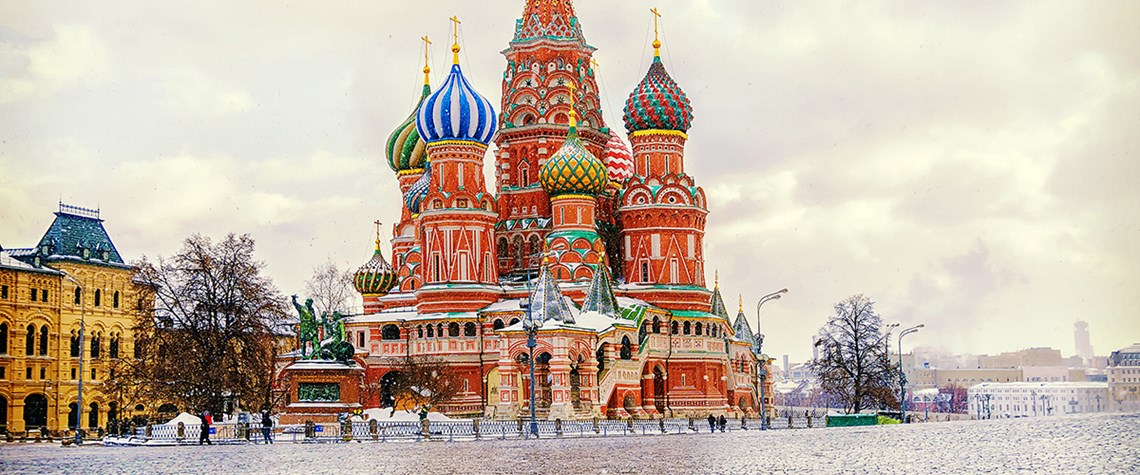23 January 2018
Opec's new partner
Russian producers grudgingly adhered to the cuts and a stronger oil price helped perk up the economy
Russia made some unusual strides in its energy strategy in 2017. After agreeing to the supply pact with Opec at the end of 2016, it came good—surprising some—on its pledge to cut 300,000 barrels a day of output. Then, as the year moved on, its relationship with Saudi Arabia deepened further, becoming a broad investment and geopolitical alliance. The unorthodoxy wasn't to everyone's taste: many of Russia's own energy majors bristled at the Opec cuts, which forced them to shelve a number of greenfield projects in Siberia. By October, after the Saudi king's visit to Moscow and deals between the countries worth $3bn were agreed, it seemed the producers would have to get used to the new state of

Also in this section
24 April 2024
But even planned exploration activity is unlikely to reverse declining output from mature fields
23 April 2024
Cheaper Russian barrels and lower overall crude prices have helped cut key oil consumer’s import bills in election year
22 April 2024
Pursuing three different goals as part of the same package may mean achieving none of them
22 April 2024
Beijing’s renewed targeting of NOC management could threaten investment







